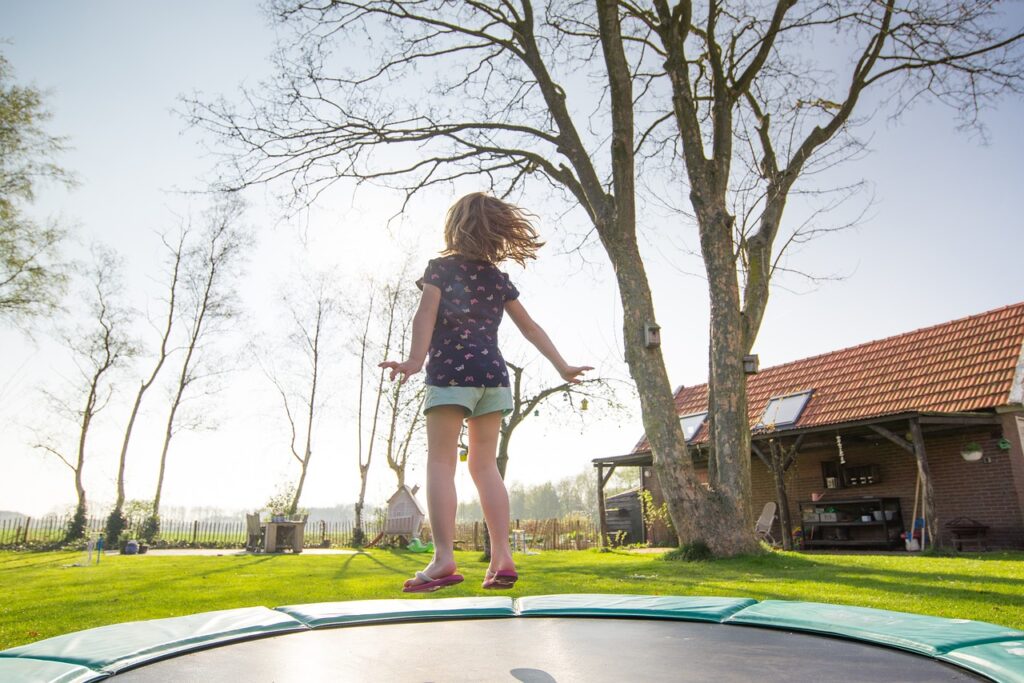
One day, I went to pick up my baby from his school. I saw a woman struggling with her newborn. She was trying to put on a sweater, but holding the baby made it tougher.
She made several attempts to put the sleeve on and was looking quite frustrated.
So, I walked over and asked if I could help her.
The look of relief on her face was everything. I quickly turned the sleeve right-side out and held it up so she could put her baby’s arm in.
It cost me nothing to make someone’s day better. My baby noticed it and later told me, “Thank you, Mommy, for helping my friend’s mother.” That day, I realized that little acts of kindness have a big impact on children.
Every parent wants their children to grow up kind and helpful. Teaching kids to be helpers not only makes them better people but also makes the world a better place. Here’s a simple guide to help you raise kids who are happy to lend a hand.
Lead by Example
Set an Example
Kids learn by watching their parents. Show kindness and helpfulness in your everyday actions. Whether it’s holding the door for someone or helping a neighbor, your actions will teach your kids how to behave.
Involve Them in Small Tasks
Let your kids help with simple chores around the house. This can be picking up toys, setting the table, or watering plants. Praise their efforts and make them feel proud of their contributions.
Teach Kindness
Encourage Sharing
Teach your kids to share their toys and treats with siblings and friends. Explain why sharing is important and how it makes others feel happy.
Practice Gratitude
Help your kids understand the value of gratitude. Encourage them to say “thank you” often and to appreciate what they have. This can make them more aware of others’ feelings.
Read Books About Kindness
Choose stories that highlight kindness and helping others. Discuss the characters’ actions and ask your kids how they can be kind in their own lives.
Foster Empathy
Talk About Feelings
Help your kids recognize and express their own feelings. Ask them how they would feel in different situations and how others might feel. This helps build empathy and understanding.
Role-Playing
Use role-playing games to teach your kids how to respond in various situations. For example, pretend to be a friend who needs help and see how your child responds.
Encourage Volunteering
Turn Tasks into Games
Make helping fun by turning tasks into games. For example, set a timer and see who can pick up the most toys before it goes off. This makes helping feel like a fun activity rather than a chore.
Family Volunteering
Get involved in community service as a family. This could be helping at a local food bank, cleaning up a park, or visiting a nursing home. Seeing their parents volunteer will inspire kids to do the same.
School Projects
Encourage your kids to participate in school projects that help others. This can include fundraising for a cause, organizing a food drive, or participating in community clean-up days.
Give Age-Appropriate Tasks
Start Small
Give your child small, simple tasks that they can handle. Young children can help by putting toys away, while older kids can help with more complex tasks like setting the table or washing dishes.
Increase Responsibility Gradually
As your child gets older, gradually give them more responsibility. This helps them build confidence and develop a sense of pride in their ability to help out.
Reward and Praise
Positive Reinforcement
Praise your kids when they show kindness and help others. Let them know you notice and appreciate their efforts. Positive reinforcement encourages them to continue being helpful.
Rewards and Recognition
Occasionally reward your kids for their helpfulness with small treats or extra playtime. Recognize their efforts publicly, like at a family dinner, to boost their confidence.
Be Patient and Consistent
Gentle Reminders
Kids need reminders to be helpful. Gently remind them of their responsibilities and encourage them to think of others. Consistent guidance will help these behaviors become habits.
Be Patient
Raising kids who are helpers takes time. Be patient and keep encouraging them, even if they don’t always get it right. Every small step they take towards kindness is a victory.
Raising kind and helpful kids is a rewarding journey. By setting a good example, teaching kindness, fostering empathy, encouraging volunteering, and praising their efforts, you can help your kids become caring individuals. Remember, patience and consistency are key. Enjoy the process of watching your children grow into wonderful helpers who make the world a better place.

